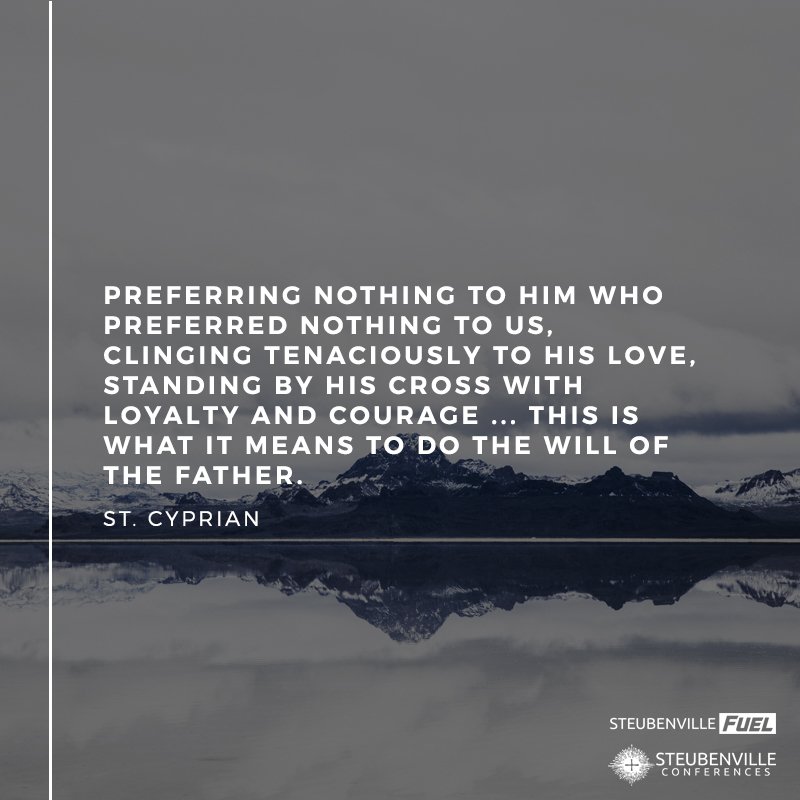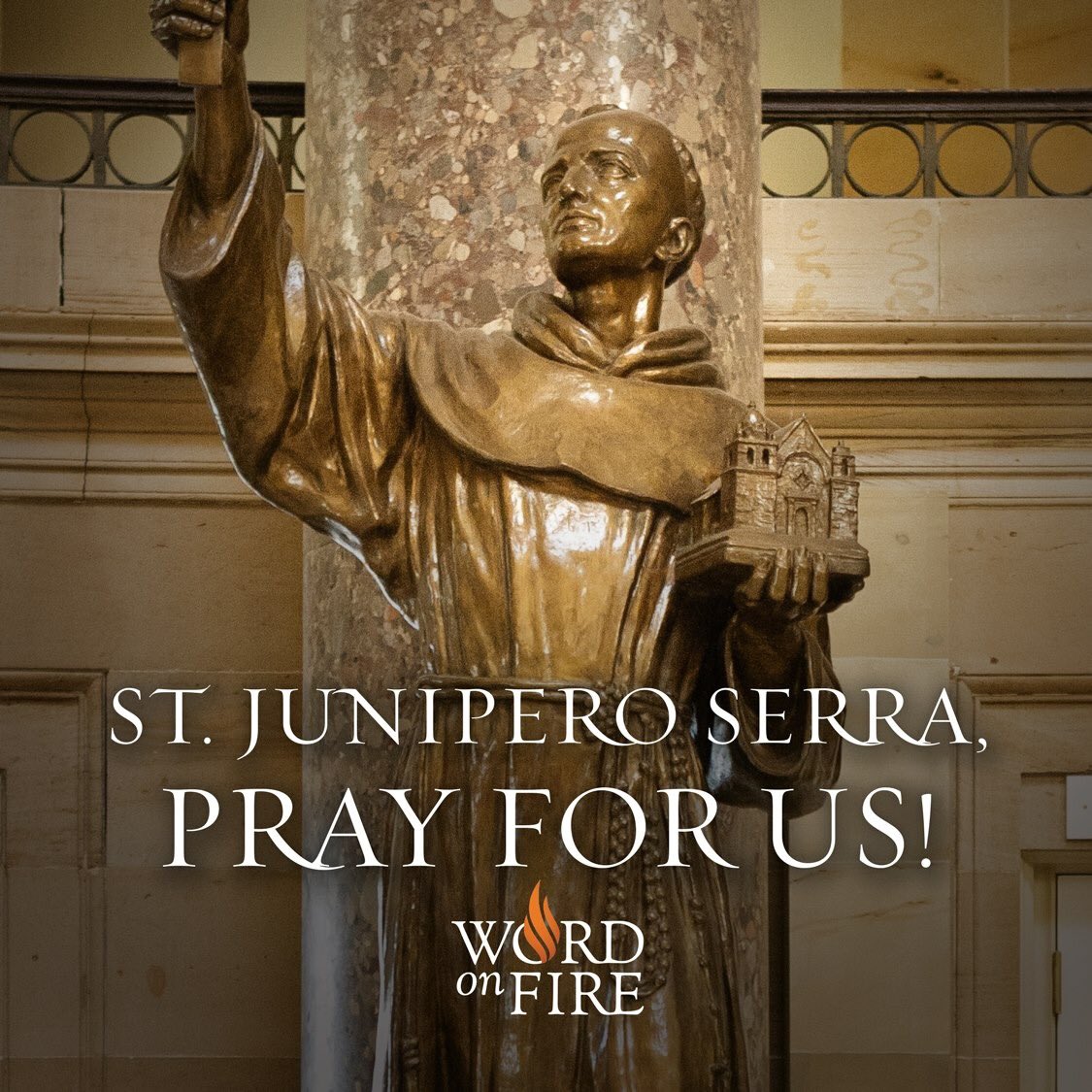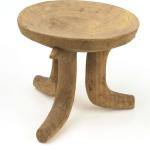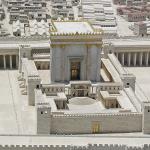Even as we buy Christmas gifts, the light of faith, the reason for the season, the Incarnation and its transformative power in our lives, can be obscured. What if we are suffering? What if we are anxious? What if we are confused and frustrated? What if hope seems foreign? What do you do When Faith Feels Fragile? That’s the title of a new book addressing the question in the most practical of ways. Fr. R. Scott Hurd, a Catholic priest in the Archdiocese of Washington, D.C., is a former Anglican priest and author of a number of books and e-books, including, The Living Gospel, talks faith.
KJL: What if faith feels fragile everyday? Where do I start?
Fr. R. Scott Hurd: Having faith is hard! After all, it involves believing in a God we can’t even see. What’s more, we have to contend with cultural factors that don’t encourage faith. On top of that, life beats us up, and our sufferings and struggles can shake our faith’s foundations. But where to start? It’s probably better to say that we shouldn’t stop. In other words, don’t stop the practice of faith when faith feels fragile. It’s better to keep putting one foot in front of the other- good old-fashioned “perseverance,” as Scripture puts it. We might do well to take the advice of a friend of C. S. Lewis, Rev. Austin Farrer: “Attend the Mass well, make a good communion, pray for the grace you need, and you will know that you are not dealing with the empty air.”
KJL: When Mother Teresa wrote to a friend “I have no faith. I don’t believe.” Whatever did she mean? Because if she didn’t have faith, who the heck does?
Fr. Hurd: These eye-raising words were written by Mother Teresa in a private letter to a priest friend. This confession was a cry from the heart that God seemed conspicuous by his absence. She was expressing, in the starkest possible terms, that she was enduring a lengthy “dark night of the soul.”
She did of course have faith. But faith was challenging for her at times, as it can be for the rest of us who rank far lower on the sanctity scale. But thanks to her persevering through these difficulties, she’s now one mouse-click away from sainthood. That’s good news for the rest of us who also struggle with faith; her witness can offer us a healthy dose of hope.
KJL: “The world shouts at us, ‘Look at me! Buy me! Sleep with me!’ and we can’t seem to hear anything else — especially God, who typically speaks in whispers.” Why wouldn’t God consider getting a little louder in this mess? Have you seen Times Square at midnight? Or midday? Have you seen my computer? He has a lot to compete with.
Fr. Hurd: God does have a lot to compete with. There’s no doubt about that! But maybe God doesn’t wish to compete; He doesn’t want to simply be one voice amongst others which scream for our attention. Perhaps that’s why He whispers to us. Because in order to hear a whisper, we need to tune out everything else, and give the one who speaks our full and undivided attention. Isn’t that what God would want from us? Isn’t that what we would wish to give to God? After all, his words carry a bit more weight than others!
“It’s so noisy I can’t hear myself think!” is an old familiar expression. We can tweak it and say, “It’s so noisy I can’t hear my God speak!” The solution? Search for silence. Yeah, Christmas is coming. But where will we hear Jesus? A “Silent Night,” not a noisy one…
KJL: “Perhaps our faith feels fragile because it hasn’t been fed,” you write. “We’re not entirely starving, but we’re malnourished.” Where do I go? What do I do? Especially if my parish doesn’t seem to have a lot going on or doesn’t otherwise ‘speak to me’?
Fr. Hurd: Good question. And I have a new book I can sell ya! But seriously, this is an area where we might need to take some initiative. Maybe our parish, right now, isn’t offering much that seems to speak to our situation. But the parish next door might! And thanks to the wonders of new media, opportunities to grow in faith abound. There are podcasts, YouTube videos, blogs, online courses, chat rooms, and so on. Old-fashioned media hasn’t gone away either. Catholic books may not fill the shelves at big-box retailers, but they do at Catholic bookstores and online sellers. On the whole, Catholics don’t read about their faith as much as other Christians do, and maybe it’s time that changed. In the future, we might seek out books about “fifty shades of faith” instead of stuff that is, er, less edifying…
KJL: How do we keep from letting “organized religion” seem like a “turnoff” to people?
Fr. Hurd: “I’d never go to church — it’s too full of hypocrites!” is an old excuse used to justify sleeping in on a Sunday morning. The snarky response is: “There’s always room for one more!” But snarky won’t lead others from “turnoff” to “turn on.” A better response is to admit that the Church IS full of hypocrites, because this side of heaven, none of us entirely “walk the walk.” If we did, there wouldn’t be a need for a Church in the first place!
It’s best, I think, to present the Church to the turned-off as a “hospital for sinners” as opposed to a “museum for saints.” Pope Francis recently described the Church as a “battlefield hospital.” It’s a big hospital, to be sure, and there’s “always room for one more.” Not one more “hypocrite,” mind you, but one more patient in need of the healing touch of the Divine Physician. And we all qualify for admission, because we all have our wounds.
KJL: If faith is God’s gift, why does He seem not to give it to everyone?
Fr. Hurd: He may not seem to give it to everyone, but He does offer it to everyone. While faith is a gift, God doesn’t force it upon us. He’s always offering it, gift wrapped, with arms extended, waiting for us to accept it. However, some people aren’t aware it’s there, or have forgotten it’s there, and perhaps it’s up to us to remind them of it.
Sometimes God wants us to ask for faith, and there’s nothing wrong with asking for a gift, is there? After all, we’re familiar with wedding registries and children’s letters to Santa, both of which can be pretty specific about what is being asked for- right down to shape, size, and color. Scripture even gives us a good script to ask for faith in a cry to Jesus from a sick man’s daughter: “Help my unbelief!” That’s a prayer God’s happy to answer.
KJL: “Only Jesus can provide us with the rest and refreshment we seek.” How are you so sure?
Fr. Hurd: Because the alternatives have been tried and found lacking. Attempting to fill our life’s deepest needs with anything less than the Lord is like trying to fill the Grand Canyon with marbles.
Years ago I was given a penance in Confession that I still do this day: Every time I genuflect before a tabernacle, I silently pray to the Lord, “Only you can satisfy my deepest longing for love.” Thanks to this little discipline, I’m reminded several times daily that only Jesus can meet my deepest needs. And that’s not just true for me. All of us have a God-shaped hole in our heart that only he can fill. God wired us that way. Don’t take my word for it: ask any saint!
KJL: Is there a danger that in talking about God’s patience with us we are letting ourselves off easy? If we’re supposed to be saints, aren’t most of us wasting time?
Fr. Hurd: Sure, we don’t want to use God’s patience as an excuse to put off until later the things we should be doing today. God may be patient, but at the same time he says to us: “Carpe Diem! Seize the day!”
At the same time, God doesn’t expect instant perfection from us. If he did, he’d be setting us up for failure. There’s no going from being Homer Simpson to Mother Teresa overnight! Rome wasn’t built in a day, and neither are saints. God knows that, and is patient. He is eternal, after all — which means he has all the time in the world.
KJL: “When facing doubt, there’s no need to panic. It’s a temptation, to be sure, but it’s also a test that God allows to strengthen our faith.” Why would he make it so hard?
Fr. Hurd: Do we value things that come to easily too us? All relationships are hard. They take work. Learning how to love. Learning how to trust. Those are life’s most important lessons, and they are life’s hardest lessons. To learn how to love, we sometimes need to be dealt some tough love. To learn the lessons God wishes to teach us, sometimes requires the school of hard knocks.
The goal here is to become like God himself, and at the starting line, we have a long way to go. “This isn’t going to be easy”
KJL: “We need the Church because we need Christ.” What’s keeping me from trusting and knowing God without a priest — no offense? Why are you so important? Why is community?
Fr. Hurd: Jesus walked our earth 2,000 years ago. When He ascended into heaven, he didn’t leave behind an autobiography or an instruction manual or a catechism. What He did leave was a community of followers, to whom He gave the Holy Spirit and a commission to spread the good news. We know that community as the Church, which we call the Body of Christ. It allows Jesus to be present in the world today as his physical body once allowed him to do so. Therefore, to encounter the Church is to encounter Jesus himself! And to be in the Church is to be united with Jesus, as “members” of his body, as St. Paul said. Every member of the Body has a role to play — including we priests. Are priests “important?” Yes… but then so is everyone else.
The bottom line is: Christianity is not just a matter of “Jesus and me.” It’s also about “Jesus and we.”
KJL: “Get Soaked in Scripture?” Catholics read the Bible?
Fr. Hurd: That’s what we already do every Sunday at Mass, right? Throughout the year, we have big chunks of the Bible proclaimed to us through the readings from the lectionary. The Mass itself is stuffed with lines from Scripture. I suspect that many Catholics probably know more of the Bible than they think they do. But Catholics today are encouraged to read the Bible in ways different from Catholics of a generation or two ago. It is the Word of God after all! In Scripture, God’s Word is communicated to us in human words. So why wouldn’t we read the Bible? After all, as Saint Jerome said sixteen centuries ago: “Ignorance of the Scriptures is ignorance of Christ!”
KJL: Why do you encourage receiving the Eucharist when faith feels fragile? Shouldn’t you wait until you make sure you believe?
Fr. Hurd: The Eucharist is not a reward for good behavior or perfect faith. Instead, it’s nourishment the Lord gives us to keep making headway on our faith journey — a journey in which we’ll encounter ups and downs, highs and lows, joys and sorrows, and both periods of doubts and times when we’re left scratching our heads, or even hanging on by a thread. Pope Francis, in his new Apostolic Exhortation Evangelii Gaudium, puts it beautifully. The Eucharist, he explains, “is not a prize for the perfect, but a powerful medicine and nourishment for the weak.”
KJL: What is it that God asks of us when we encounter a man with a paper cup outside church or on the way to work? There are prudential questions, after all, aren’t there, about what will really be done with the money we might hand over?
Fr. Hurd: They’re brothers and sisters in the human family, right? Jesus died for them and loves them just as much as He loves anyone else. What He asks us to do when we encounter them is to treat them with dignity and respect, suspend judgment, and exercise the Golden Rule — you know, “Do unto others as you would have them do unto you.” Jesus even made a special point of insisting that any kindness we extend to them is a kindness we extend to him. That means to ignore a person with a paper cup on the sidewalk is, in a sense, to ignore the Lord himself! Might they spend any money we give on booze? Perhaps, but what they do with our gift is their responsibility, not ours.
KJL: Do you worry you confuse people about Catholic priests when you start talking about teaching your daughter to ride a two-wheeler or about your marriage?
Fr. Hurd: Sometimes, yes, as not everyone is aware that rare exceptions have been made to the Church’s normal discipline of celibacy for priests. Celibacy is a vocation — a gift from God — that is given to allow those who are so called to give all of themselves to the service of the Church. Being a husband and a dad, I have two big vocations to fill. Doing so is something of a juggling act, and I’ll admit that sometimes the balls get dropped. At the same time, I can bring the experiences of my family life and relationships to my priestly ministry, and I hope that God can use them to bless others in their families and relationships.
KJL: What’s this about needing “harassers” in our lives? Aren’t there laws against that?
Fr. Hurd: We can benefit from many types of friends in our lives: cheerleaders, prophets, spiritual guides, and yes, harassers! Not people who are annoying or unkind or cruel, but those who can tease us so we don’t take ourselves too seriously. When we get too full of ourselves, such friends can lovingly take us down a peg and bring us back down to earth. In other words, they keep us humble — which is always a good thing (not to mention a virtue!).
KJL: Why is growth in gratitude so important and how do we do it? So that it is, say, more than Thanksgiving Day — which can be stressful, actually.
Fr. Hurd: According to G.K. Chesterton, “The test of all happiness is gratitude.” Gratitude helps us to see the goodness in the world around us, and appreciate that it all comes from God’s loving hand. Our consumer culture tries mightily to remind us of everything we don’t have, and blur the line between needs and wants. We can become envious and angry, and lose sight of the blessings we’ve received. Counting those blessings — cultivating gratitude — is the antidote to this.
KJL: What does faith have to do with doing the dishes?
Fr. Hurd: Our life is filled with chores and daily routines. They’re as certain as death and taxes! But we often approach them as necessarily evils to be endured so we can move on to more exciting or enjoyable activities. And let’s face it: Most of us would rather curl up with a good book than fold the laundry! But if we remember that our chores are acts of service, we can allow them to help us become servants in imitation of Jesus, who “came not to be served, but to serve.” And that includes doing the dishes. After all, as St. Teresa of Avila said, “God walks amongst the pots and pans!”
KJL: What is “holy leisure”?
Fr. Hurd: Let’s face it: We Americans are hard workers, and we often lament that we’re busy “24/7.” Yet the leisure time we do have is often used poorly, with much of it spent glued before some type of electronic screen. This prevents us from using leisure, as Vatican II taught us, to foster familiar, cultural, social, and religious life.” We might do well to take a cue from earlier generations of Christians, who spoke of “holy leisure,” which we might understand as stepping back from work in order to nourish our relationships with God and others.
KJL: Who’s your audience? Does it reach beyond doubting Thomas Catholics?
Fr. Hurd: It certainly includes doubting Thomas Catholics. But isn’t there a bit of doubting Thomas in each and every one of us, at least at certain points in our lives? Given this, I hope that my book has wide appeal and that the Lord will place it in the hands of those who need it. And did I mention that it has forty chapters, making it perfect for reading during Lent?















